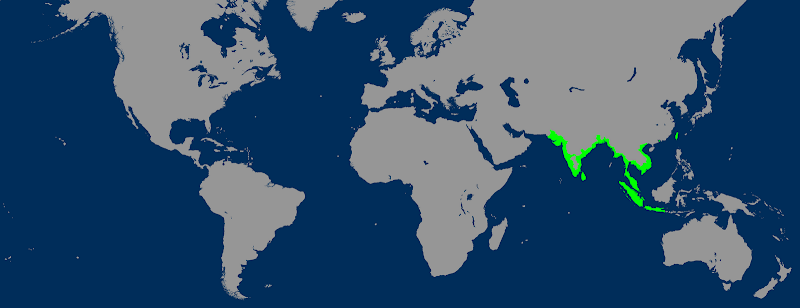The Roman Renaissance
We must continue to study and make use of foreign methods; for among settled nations the scholarship of their officers constitutes the most important part of their military preparations. If new cannon are considered necessary we must, at any cost, build them; if the organization of our Legions is inadequate we must start rectifying it from now; if need be our entire military system must be changed. We must build ironworks to provide us with guns and munitions; we must educate the people to provide us with obedient soldiers.
At present Rome must keep calm and sit tight, so as to lull suspicions nurtured against her; during this time the foundations of her national power must be consolidated; and we must watch and wait for the opportunity that will surely come one day. When this day arrives Rome will decide her own fate; and she will be able not only to put into their place the powers who seek to meddle in her affairs; she will even be able, should this be necessary, to meddle in their affairs.
- Speech of Senator Achilles Komnenus, given at the Forum Romanum in New Byzantium on May 29th, 1559.
------------------
To be pushed back from the Urals by the steady encroachment of Russian settlers and Cossacks was one thing; there was precedent for that, in the loss of the Crimea and, for that matter, in the persistent raiding across the Black Sea that had triggered the Breaking of the Don. To be defeated by Russian troops was cause for concern, but not for anger and shame; the military power of the Rus was a well-established fact. But when, twice in a row, Legions sent into the Tibetan highlands returned defeated, the Komnenoi were dismayed, and more than dismayed; they were outraged and incredulous. The Third Rome, defeated by a hbunch of yak-herders notoriously so lazy that they had automated the process of prayer? It was not to be borne; the generals responsible were summarily beheaded, and a process of carefully examining everything that might possibly prevent future defeats was begun. New Byzantium, after all, was a
constructed society; the Citizens had carefully modelled themselves on what they thought were the best traits of ancient Rome. The possibility that the wrong traits might have been selected, or that the construction was subtly wrong, was not unthinkable to men who had consciously chosen what to emulate.
The outcome of the re-examination process was not in any sense
socially radical; after all it was being conducted by men who fully intended to stay in power, at least as a class, after any necessary reforms were made. But in terms of the daily activity of the Komnenoi, the purposes for which they organised themselves as state actors (and it should be remembered that New Byzantium quite deliberately tried to reduce the Citizens' private lives to a minimum, and keep most of their actions public) the change was considerable: The Komnenoi turned themselves, in the space of a few years, from being chiefly judges, statesmen, and soldiers, to being, in effect, spies and industrial organisers. Previously the first part of the
cursus honorum had consisted of riding the Great Circuit, enforcing the law (and reminding the chieftains that it existed) all through the Komenoi domains; this had been done by the men of twenty to twenty-five years of age. Now, the age for riding the Circuit was moved up by two years, and the men of seventeen to twenty-two were sent out into the world, where before they had stayed at home to finish memorising the laws in preparation for the Circuit. They went as traders, at first chiefly in horses, and were expected to make at least a minimal profit; the Komnenoi could not afford to pay for mere tourism. But their chief task was to ask questions, to look not at
how foreigners did things, but
why; and if the reasons seemed good, to consider how they might apply to Rome. For, of course, not everything that the settled nations did was immediately applicable to a realm inhabited chiefly by nomads.
The most obvious effects were in the Legions: The introduction of corned powder, to take just one example, made practical lightweight guns that could keep up with supply trains over long distances. But, as so often happens, the unintended side effects were far larger in the long run. The Komnenoi had learned, in the hard school of combat, that they could no longer maintain themselves as an isolated enclave of rulers over a vast steppe domain: Distance, archery, and horsemanship was no longer sufficient even for defense against settled kingdoms which could now give every conscript a firearm. They therefore broke their isolation just enough, as they saw it, to reform the Legions. But to expose the youngest Citizens to outside ideas in search of
means, necessarily meant that they might become corrupted in the realm of
ends - might lose the devotion to the idea of a restored Rome that, as the elder generations saw it, was the purpose of having a New Byzantium in the first place. To avoid this danger it was necessary to make their upbringing much more regimented - in fact, to encroach on one of the few remaining private spaces in Roman life, the raising of young children. The young had to be taught a nearly schizophrenic division of means and ends: They had to apply a questioning, skeptical attitude to everything that was done to further some particular goal, but at the same time believe unquestioningly in the correctness of the goal itself. The effects of such an attitude were not always optimal.




